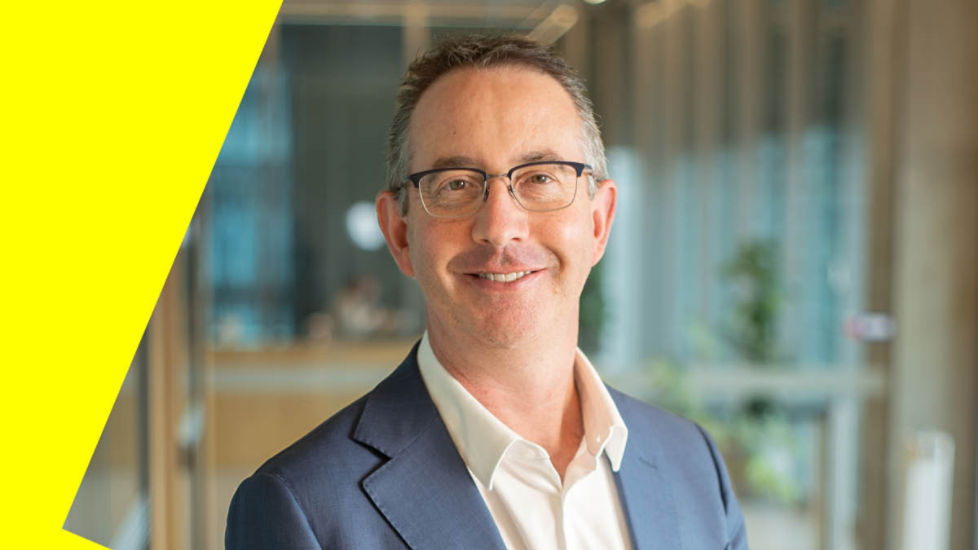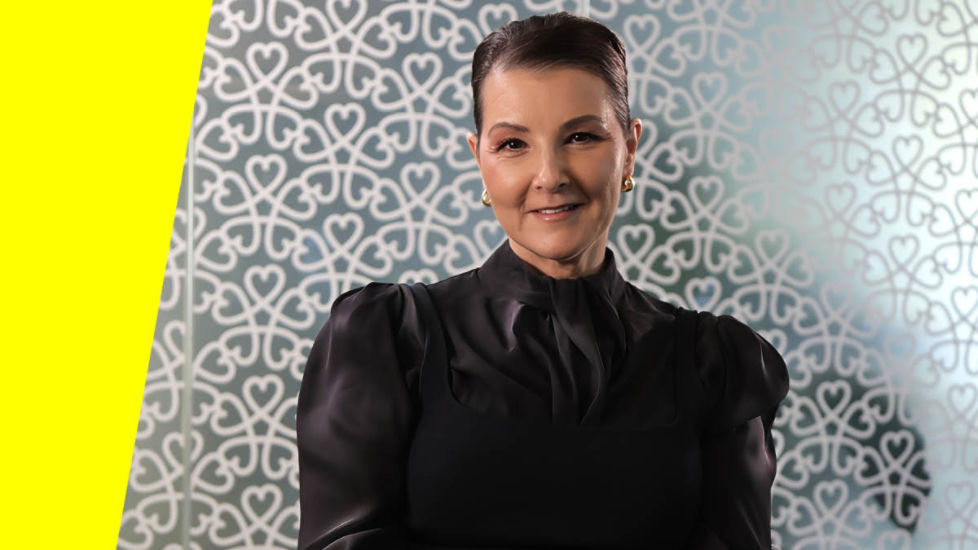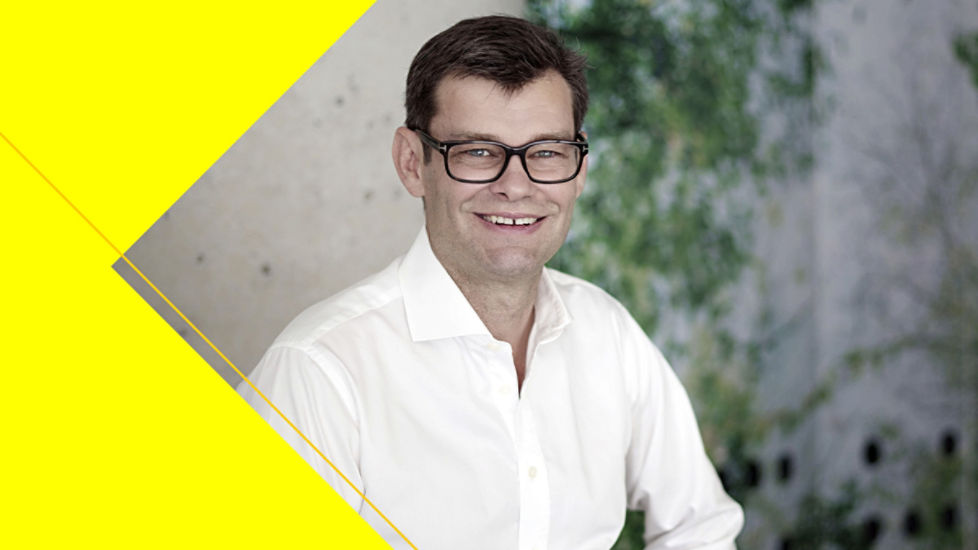Can you share a specific experience where you took a risk and what you took from that experience?
The time I left News Corp to join APN News & Media stands out. When I joined, half the board and the CEO had left, and there was uncertainty about whether the company would survive. Within two years, we doubled its value and got it back into the index. People questioned why I would leave the safety of one company to lead another that seemed on shaky ground.
That was a professional risk but also an opportunity to challenge and test myself, and I’m glad I did—it taught me a lot. I wouldn’t have the role I have now if I hadn’t taken that risk, though I also recognised what I missed by leaving.
In our work, we deal with risk every day. Editorial decisions come with a significant responsibility to get it right, often involving stories that make people uncomfortable. Occasionally, this brings criticism or intimidation, but that doesn’t mean we’re wrong. You have to be confident enough to stand up to those who may not like what you’re doing; there’s personal and reputational risk involved, and that carries responsibility.
We're a company borne of a newsroom culture where you debate, you do, you review. It happens constantly throughout the day. And that doesn't just apply to our editorial, it applies to all aspects of how we operate.
It saddens me that Australia seems to be becoming more risk-averse. We were once known for a bit of a “Wild West” attitude, but now we're too known to be the “Safe South”. That's a global reputation and that's not a great one. We’re a country with a strong history of entrepreneurs, doers, and explorers who can export great ideas globally, but, in my view, that spirit seems to be fading.






